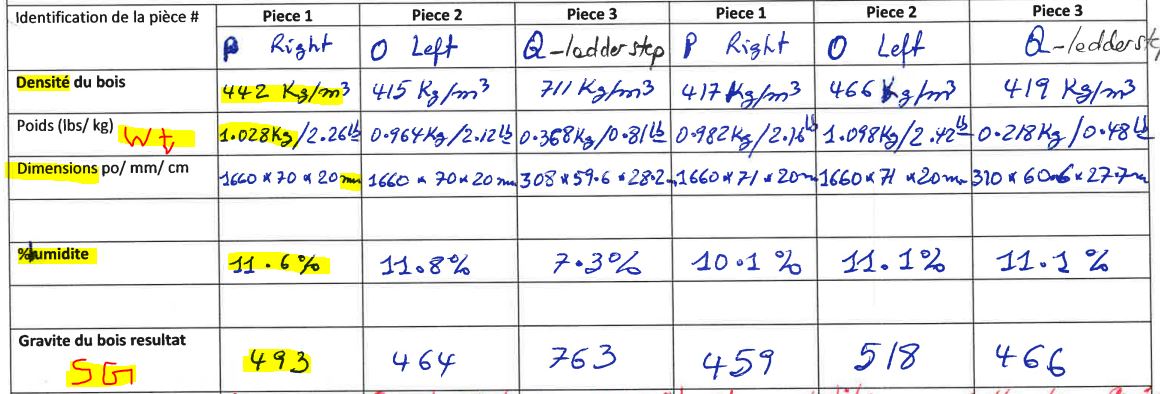
If it does, your doctor will order further bloodwork and urine tests to determine the cause.



These two tests are used to monitor lupus affecting the kidneys (lupus nephritis). If there is a large amount of protein in the urine, your doctor may request that you give a 24-hour urine sample or obtain a random protein to creatinine ratio.Large amounts of protein in the urine suggest that these glomeruli and tubules are inflamed or damaged in some way. Usually, your kidneys prevent protein from passing from your blood into your urine: loops of capillaries (glomeruli) that filter blood allow small particles to pass into the urine while retaining larger particles, such as protein, and kidney tubules reabsorb the smaller proteins that were able to escape. Protein: Excessive protein in the urine (proteinuria) is a sign of kidney involvement in lupus.For example, kidney stones can occur if urine pH is too high or too low. Sometimes people are asked by their doctors to regulate the pH of their urine through diet in order to manage certain diseases or medications. For example, eating excessive protein or cranberries can make your urine more acidic, whereas eating a low-carbohydrate or vegetarian diet can make your urine more basic. Certain foods can also alter the pH of your urine. This can occur with urinary tract infections and certain kidney and lung conditions. When your body retains excess base, your urine becomes more basic, or “alkaline” (i.e., the pH is higher). Highly acidic urine can occur with uncontrolled diabetes, diarrhea, starvation, dehydration, and certain respiratory diseases. When the body retains excess sodium or acid, urine becomes more acidic (i.e., the pH is lower). The kidneys regulate this acid-base chemistry by reabsorbing sodium and secreting hydrogen and ammonium ions. pH: Usually, the pH of urine is between 4.5 and 8.0.The use of automated instruments helps to eliminate discrepancies that arise with human interpretation. Either the laboratory technician or an automated instrument will then read the reaction color for each test pad to determine the result for each test. Most laboratories use chemical test strips (“dipsticks”) that change colors when dipped into the urine. The chemical examination measures several features of the urine. If your urine is very dilute (i.e., you have been drinking lots of water or receiving fluid via IV), you may be asked to give another urine sample. Usually it is better for the urine given in a sample to be more concentrated this allows the laboratory to more accurately detect substances being excreted by your body. Specific gravity compares the concentration of urine to that of water (1.000). The physical examination also includes specific gravity, which measures the concentration of the urine sample. However, accurate conclusions regarding the origin of the urine clarity cannot be drawn until further chemical and microscopic tests are performed. Urine clarity, like urine color, suggests that substances may be present in the urine for example, turbid urine suggests the presence of protein or excess cellular material. The clarity of urine is measured as either clear, slightly clear, cloudy, or turbid. Light or dark coloration also suggests how much water is being excreted. Abnormal colors can result from disease, certain foods, or contamination, so the physical examination is generally viewed as a crude assessment. In this portion of the analysis, the color, clarity, and concentration of the urine are evaluated. Several analytical elements of the complete urinalysis are explained below.
#SPECIFIC GRAVITY LAB VALUES HOW TO#
Before giving a urine sample, ask a medical professional to counsel you on how to prevent contamination. A urine culture is performed to assess for a bladder infection and to determine appropriate antibiotics. Urine samples can be given at any time while at the doctor’s office. Protein, urine casts (especially red blood cell casts), red blood cells, or white blood cells in the urine can indicate serious kidney involvement leukocyte esterase may indicate a bladder infection. Most people with kidney lupus (lupus nephritis) will have an abnormal urinalysis. In lupus treatment, a urinalysis is often used to monitor protein leakage and identify and assess urinary tract infections (UTIs). A complete urinalysis evaluates several different aspects of your urine through physical, chemical, and microscopic examination.


 0 kommentar(er)
0 kommentar(er)
